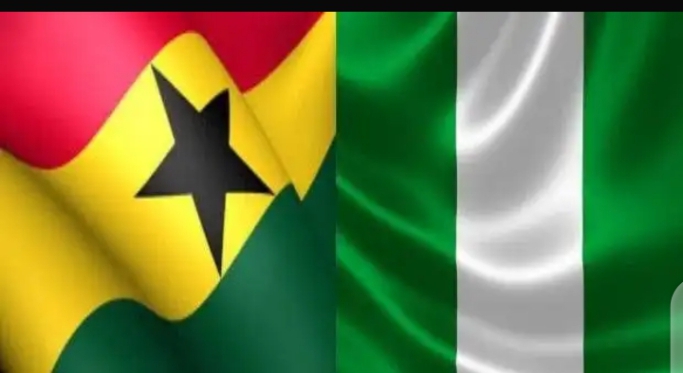IT is cheering news that the hundreds of Nigerian-owned businesses earlier shut in Ghana are being reopened after over six months of closure.
This might be part of a gradual easing of months-long tensions between the two West African Anglophone countries over trade disputes and a diplomatic spat, with Ghana more on the offensive. These culminated in telephone calls between President Muhammadu Buhari and Ghana’s Nana Akuffo-Addo.
Ghanaian state officials and the Ghana Union of Traders Associations, GUTA, have been systematically harassing and closing businesses and shops belonging to Nigerians in Ghana over alleged ineligibility to operate in the country. Under Ghanaian law, any foreign-owned business that does not have evidence of at least $300,000 in its deposit account or goods worth that amount cannot operate in that country.
The law was made at the instance of indigenous traders who complained that Nigerians were unfairly dominating the small-scale trading turf in Ghana. The Ghana Investment Promotion Centre, GIPC Act was made apparently to protect the primary interests of Ghanaians.
However, the National Association of Nigerian Traders, NANT, insists that their activities are protected by the Economic Community of West African States, ECOWAS, Protocol on Free Movement of Goods and Persons.
The situation was worsened after the August 2019 closure of land borders by the Nigerian government over smuggling and security challenges. Ghanaian traders and manufacturers complained bitterly that hundreds of truckloads of goods meant for the Nigerian market were “seized” in Nigeria due to the closure and retaliated by shutting Nigerian businesses.
The main issue here is the conflict between the protection of national interests and the welfare of citizens which clashes with the ideals of sub-regional cooperation for the economic and social benefits of all within the region.
Buhari’s government ignored the ECOWAS Protocol in the defence of Nigeria’s economy and security, while Ghana also subsumed the Protocol to protect its traders. It is time that ECOWAS sat down to define where the free movement of goods and persons stops and the need to protect the individual interests of member-states starts.
This controversial ECOWAS Protocol has often been exploited by those who import herdsmen terrorists and bandits into Nigeria from all over the sub-region. Is there no way we can operate the ECOWAS Protocol without necessarily hurting the economic and security interests of member-states and their people?
ECOWAS should borrow a leaf from other regional unions around the world. The European Union is a very good example. No one ever hears of any violent eruptions within that Union because the leaders are always at work to ensure they don’t happen.
Nigeria and Ghana have special historic, political, social and cultural ties. They should maximise the benefits thereof. Enough of these primitive and vindictive attitudes to each other.
Vanguard
